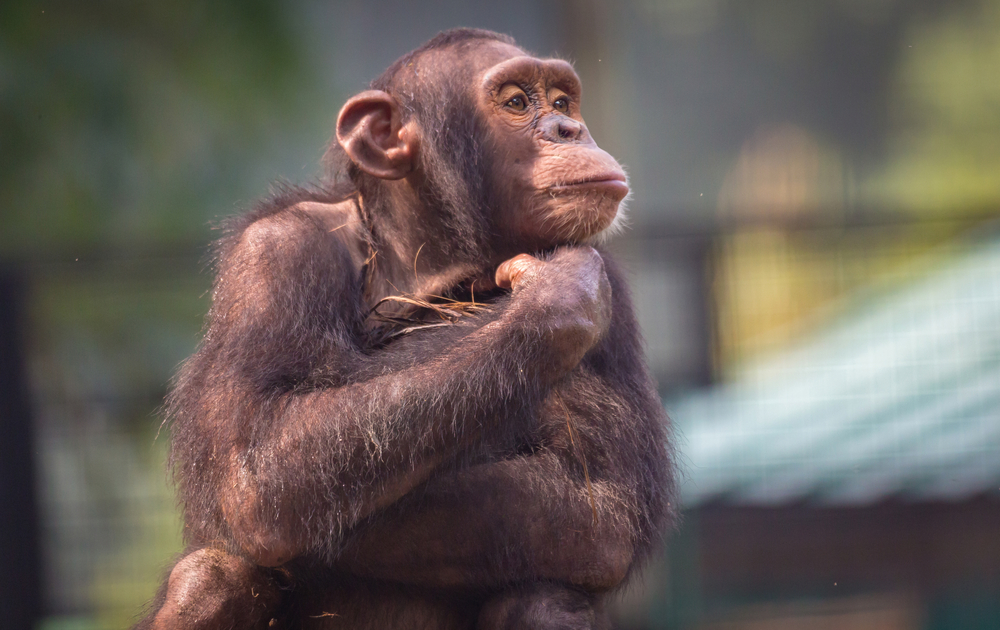“Serious” Violations at HSUS Sanctuary, OSHA Finds
Last week, National Geographic covered the animal mistreatment scandal at Project Chimps, a Georgia facility for retired chimpanzees that is controlled and funded by the Humane Society of the United States.
This spring, a group of whistleblowers went public with allegations that the chimps were not getting proper care at Project Chimps. They said they had tried to make changes internally and privately with third parties, but that Project Chimps was not responding appropriately to their concerns. So they went public, and set up a website.
Project Chimps responded by denying the allegations and filing a defamation lawsuit against the two young women who publicly represented a larger group of whistleblowers.
In the latest development, one of the whistleblowers has posted recent Occupational Safety and Health Administration (OSHA) letters finding several “serious” violations at Project Chimps during an inspection earlier this year. OSHA enforces workplace safety regulations. OSHA proposes fining Project Chimps over $10,000 for the violations.
Meanwhile, Project Chimps has engaged in legal maneuvering.
Project Chimps initially sued the women in Fannin County, where it is located in rural north Georgia. However, Project Chimps has dropped the suit and refiled it–this time in federal court.
This seems likely to prevent the whistleblowers from winning an anti-SLAPP motion. Anti-SLAPP laws, short for Strategic Lawsuit Against Public Participation, were created because wealthy, entrenched interests can potentially bury individual defendants in legal costs by filing a lawsuit against them to stifle speech. Imagine a billion-dollar corporation trying to shut someone up with a defamation lawsuit.
Anti-SLAPP laws allow for a defendant to recover legal fees from a “bad faith” plaintiff. But while Georgia has an anti-SLAPP law, there is no such federal law.
Does Project Chimps have a convincing claim for defamation? Not to us: Some of the concerns of these whistleblowers appear to have been legitimate. After an outside audit, Project Chimps is hiring a new veterinarian, one with chimpanzee experience. The whistleblowers had been concerned that the previous veterinarian was not a chimp expert.
The Humane Society of the United States itself has relied on undercover investigations over the years to gain attention for its agenda. A big difference, credibility-wise, is that HSUS targets facilities, sending activists to gain employ and find dirt, while the allegations against its sanctuary appear to be organic. Isn’t it ironic how its affiliate is acting, now that the shoe is on the other foot?
The latest developments don’t speak well of Project Chimps. Is it really so hard to simply say, “Hey, we’ll make some changes?” Given HSUS’s own past in dealing with a sexual harassment scandal with its own (now former) CEO, there seems to be a corporate philosophy of denial and obfuscation.
That’s a shame–for the chimps.




